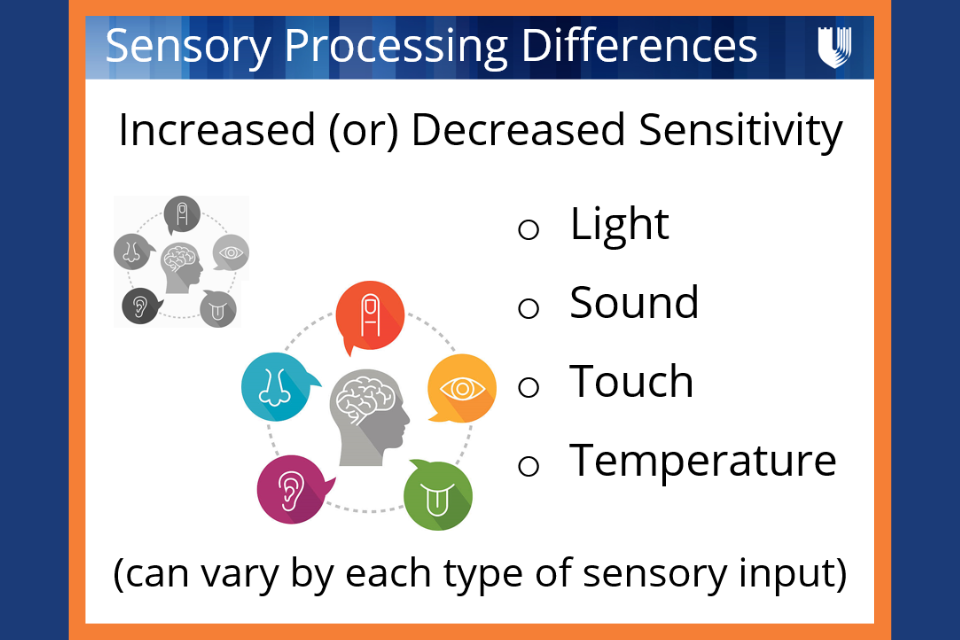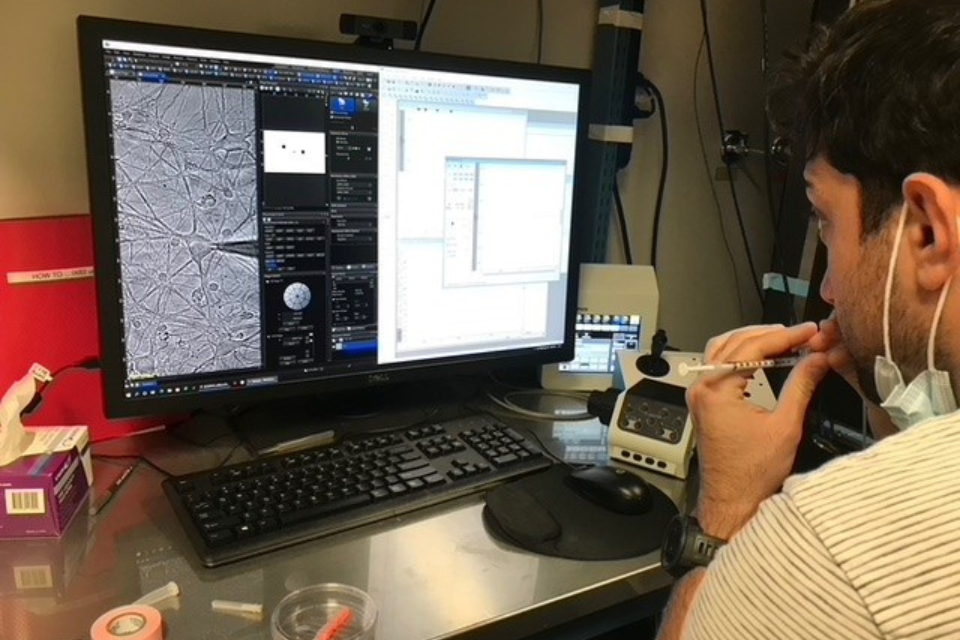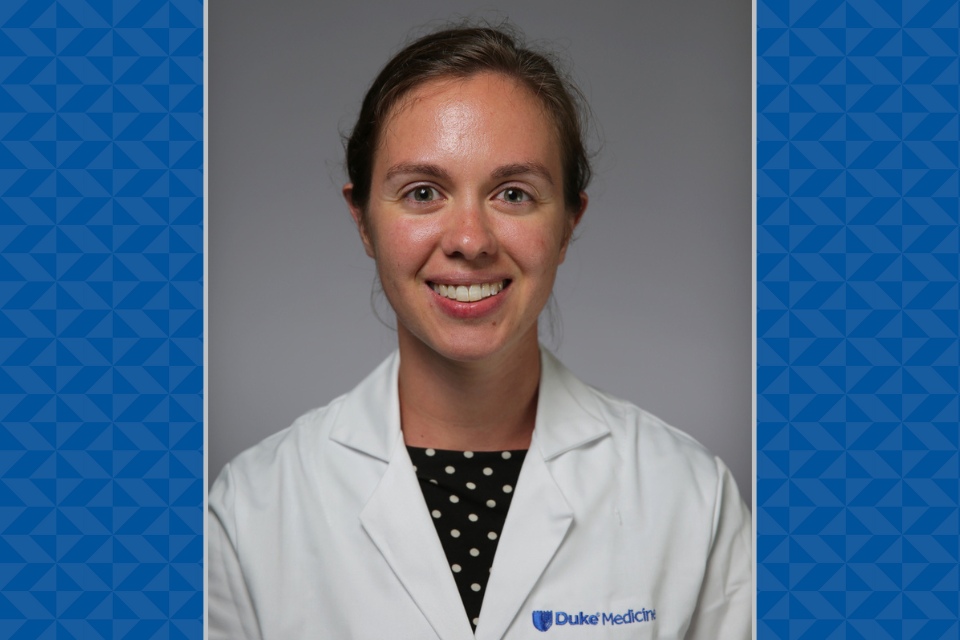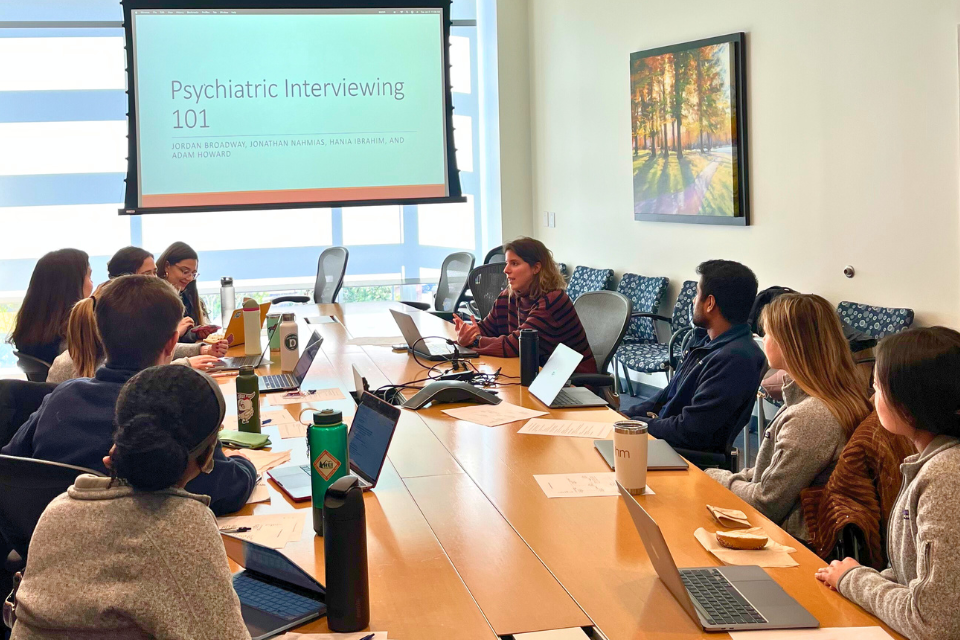Check out our news archive below to learn more about what’s happening in Duke Psychiatry & Behavioral Sciences!
Improving Medical Care for Autistic Patients at Duke Health and Beyond
Going to the doctor can be stressful, particularly for individuals on the autism spectrum, who often have unique sensitivities and needs. Faculty and staff in the Duke Center for Autism & Brain Development are working to support Duke Health clinicians in providing appropriate care for people on the spectrum.
Partnerships are Key to Increasing Capacity for Autism Services in Low-Resource Communities
A team led by researchers from Duke University and the University of Cape Town aims to test a contextually adapted autism intervention informed by the Early Denver Start Model for young children in South Africa, with the ultimate goal of increasing access to early autism interventions in low-resource communities.
Iris McMillan: Psychology Intern, Scientist, Practitioner, Advocate & Cat Mom
Clinical psychology doctoral intern Iris McMillan's passion for equity and inclusion informs her research and clinical care; it's also led her into advocacy at the individual, systems, and policy levels. She envisions herself working on a multidisciplinary team in an academic medical center.
2023 Duke Psychiatry Awards & Honors Roundup
More than 30 Duke Psychiatry & Behavioral Sciences faculty members, staff members, and trainees received noteworthy awards and honors in 2023.
TL1 Scholar Builds Connections, Expands Research Skills through Program
Since joining the Duke CTSA TL1 Pre-Doctoral Training Program, Dana Rubenstein’s research interests have broadened to include tobacco and cannabis use in chronic pain patients, earning her accolades and publications in major clinical research journals. Rubenstein is a Duke medical student who works closely with Duke Psychiatry's Joseph McClernon, PhD.
Psychiatry Residents Hone their Craft through Specialized Tracks
Three psychiatry residents share their experiences in the program's special tracks—the Physician Scientist Track, the Clinician Educator Track, and the Duke Psychotherapy Track—designed to help residents develop advanced skills in a particular area during their time in the program.
Do “Caring Contacts” after an ED Visit Improve Outcomes for Youth at Risk of Suicide?
A research team led by Duke University’s David Goldston, PhD, and UCLA’s Joan Asarnow, PhD, is investigating how to improve care and outcomes among youth during and after emergency department (ED) visits for suicidal risk or behaviors.
Nicole Helmke Promoted to Director of Med-Psych Residency Program
After a national search, assistant professor Nicole Helmke, MD, was promoted to director of the internal medicine-psychiatry (med-psych) residency program, effective November 15.
Sensory Friendly Awareness Film Series at the Carolina Theatre Fills a Need in the Durham Community
In July, the Carolina Theatre in Durham started a Sensory Friendly Awareness Film Series in partnership with the Duke Center for Autism and Brain Development. It's a free, monthly movie-going event, created specifically for children and adults with autism and other neurodivergent people.
Residents Teach Medical Students the Art of the Psychiatric Interview
Three senior psychiatry residents—Jordan Broadway, MD, Jonathan Nahmias, MD, and Hania Ibrahim, MD—developed and are delivering a workshop to teach second-year medical students in their psychiatry clerkship how to conduct a psychiatric interview.









